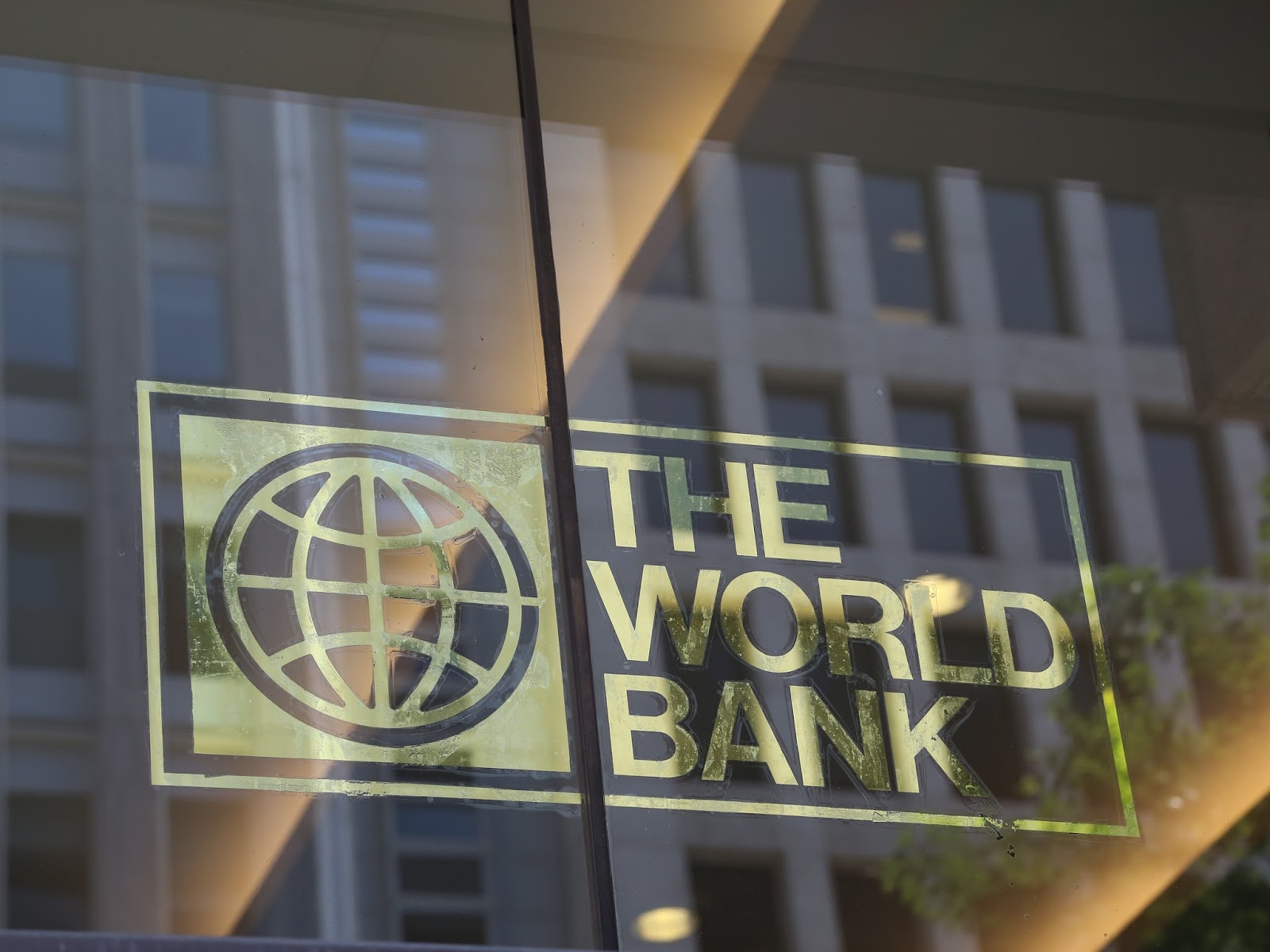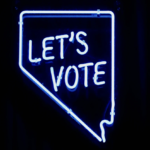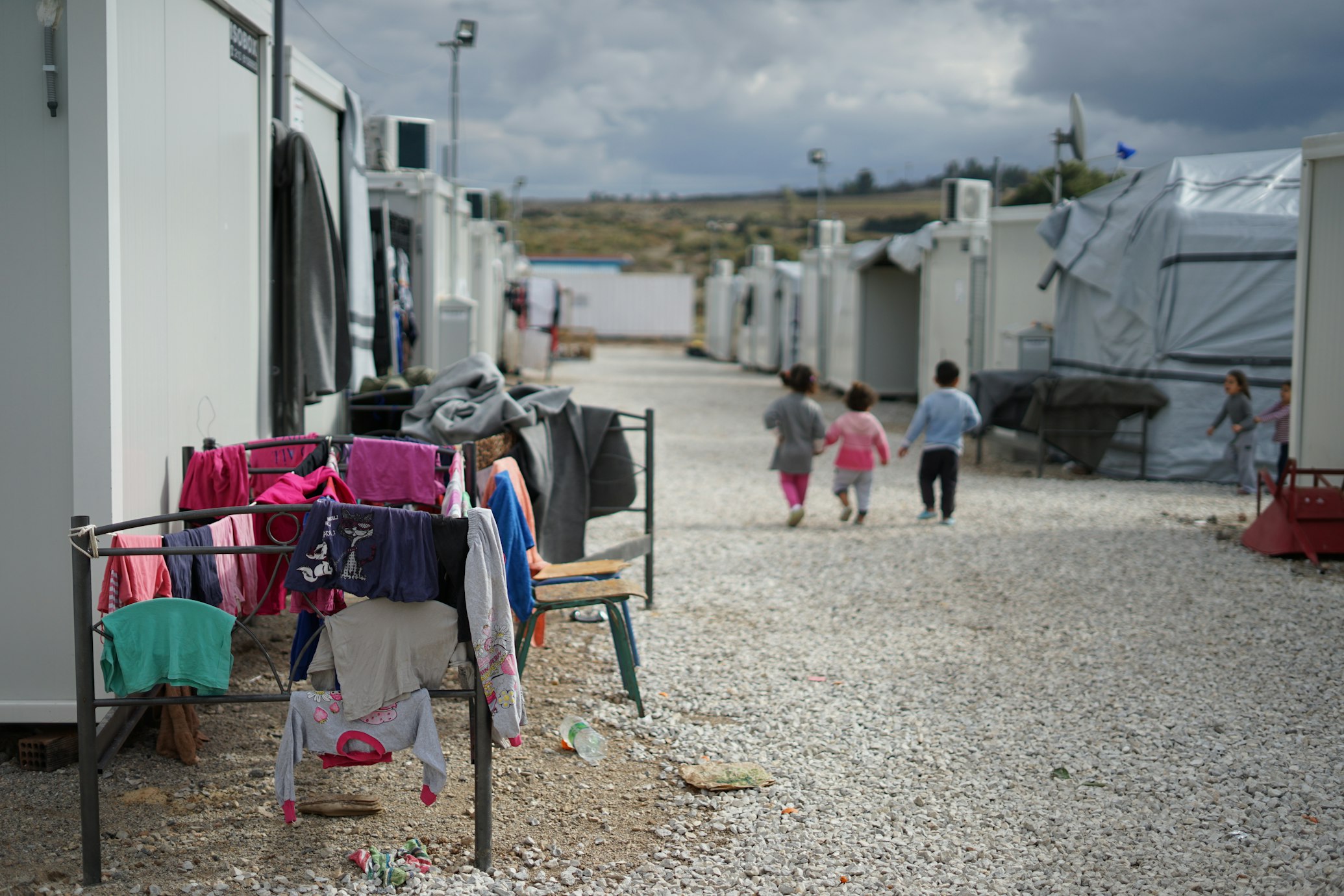From Groningen to the World Bank

written by Alexandra Voinescu
edited by Casper de Boer
Brussels has the world’s most renounced European and International business environment. Most business-orientated students dream literally daily about working in such a competitive and complex-networking environment. Last week, 51 students crossed the border between the Netherlands and Belgium, awaiting to be inspired by the leading voices of global change. International Relations Bachelor students from the University of Groningen entered one of the most normative financial institutions, hailed as a milestone for poverty reduction: The World Bank.
The communication officer of the World Bank, Guggi Laryea quickly introduced the attendees to the two global urgencies: “Eradicating world poverty” and “stimulating the income growth for the bottom 40 % of all countries, regardless if they are developing or not” . One that is critically engaging in the topic might ask: “If you give loans to undemocratic developing countries, how do you ensure a corruption free environment?”. In response, Laryea made it clear that: “While the World Bank does get involved in the models of government that countries choose, it supports the fight against corruption through amongst others programs to support governance in developing countries.”
Indeed, the World Bank is a multilateral institution with its major shareholder being the US, Japan, Germany, Chin, France, and the United Kingdom. Furthermore, the World Bank invests its restless energy in the economic projects, amongst others: building infrastructure, creating access to schools, supplying energy, and investing in education. Thus, the World Bank’s international support grows stronger by demonstrating how crucial its projects are for the economic growth of every country and by being extremely successful in accomplishing their envisioned goals.
More exactly, the World Bank’s twin goals of ending extreme poverty and boosting shared prosperity help reinforce the global development objectives set by the international community known as the Sustainable Development Goals listed below.
- Poverty – End poverty in all its forms everywhere
- Food – End hunger, achieve food security and improved nutrition and promote sustainable agriculture
- Health – Ensure healthy lives and promote well-being for all at all ages
- Education – Ensure inclusive and equitable quality education and promote lifelong learning opportunities for all
- Women – Achieve gender equality and empower all women and girls
- Water – Ensure availability and sustainable management of water and sanitation for all
- Energy – Ensure access to affordable, reliable, sustainable and modern energy for all
- Economy – Promote sustained, inclusive and sustainable economic growth, full and productive employment and decent work for all
- Infrastructure – Build resilient infrastructure, promote inclusive and sustainable industrialization and foster innovation
- Inequality – Reduce inequality within and among countries
- Habitation – Make cities and human settlements inclusive, safe, resilient and sustainable
- Consumption – Ensure sustainable consumption and production patterns
- Climate – Take urgent action to combat climate change and its impacts
- Marine-ecosystems – Conserve and sustainably use the oceans, seas and marine resources for sustainable development
- Ecosystems – Protect, restore and promote sustainable use of terrestrial ecosystems, sustainably manage forests, combat desertification, and halt and reverse land degradation and halt biodiversity loss
- Institutions – Promote peaceful and inclusive societies for sustainable development, provide access to justice for all and build effective, accountable and inclusive institutions at all levels
- Sustainability – Strengthen the means of implementation and revitalize the global partnership for sustainable development
The World Bank can thus be regarded as an effective global institution, finding in president Dr. Jim Young Kim, effective leadership and an ambitious goal achiever. It might be interesting to remark that before the 1990’s Dr. Kim was actively protesting against the World Bank, when the World Bank attached stringent conditions to its loans. Nowadays, it is that same Dr. Kim who has become the president of an institution that changed remarkably over decades and does not attach any prescription to its loans and does every project with the agreement of countries the World Bank serves.
Although much has been achieved, the World Bank is not making illusions. It acknowledges mistakes that it and other development actors made in the past, and is aware of the fact that still much has to be achieved. The way of eradicating poverty is still long, fortunately the World Bank has accomplished numerous goals in the past to be confident about the realization of a future, in which extreme poverty no longer exists.
Go to the World Bank’s website: www.worldbank.org/eu



